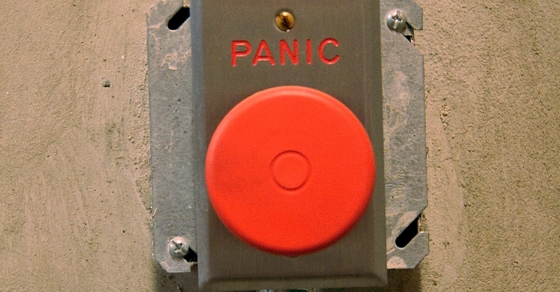
Nice article by Karen Demasters for Financial Advisor magazine entitled, “Advisors Focus On Panic Prevention In Volatile Market” which reads in part:
When the market gets volatile, Mark DiGiovanni tells his clients to turn off the television and Internet and go work in the garden.
That’s just one of a number of ways advisors tell their clients to deal with a market that is jumping up and down; for many advisors, however, the primary focus is to keep their clients from panicking during the types of downswings the market is now experiencing.
“Ninety-five percent of the time, the best advice is to just sit tight,” says DiGiovanni, founder and president of Marathon Financial Strategies in Atlanta.
His planning philosophy is designed to allow them to do just that during troubled markets. DiGiovanni’s clients usually have 18 months of needed funds in a money market account, another five years worth of funds in bonds or fixed income, and money in stocks that does not have to be touched for at least six years.
Our brains are not wired well for handling the fluctuations in the stock market. Moving in sync with our emotions often loses a full percentage point over doing nothing. John Bogle is quoted as suggesting, “Don’t do something. Just stand there!”
If having an advisor allows you to sit tight or go work in the garden it is money well spent. If your advisor is rebalancing your portfolio while you are gardening it is even better.
Rebalancing is a contrarian move which sells what has not gone down and buys more of what has gone down. It can provide a rebalancing bonus. The higher the volatility and the lower the correlation, the greater the potential rebalancing bonus could be.
I like the fact that DiGiovanni has even named his firm “Marathon” Financial Strategies to remind clients it is not a sprint.
His advice about cash and bonds is good too. He has 18 months in money market and another five years in bonds. We suggest 5-7 years of save spending in stability (cash, US bonds and foreign bonds). That leaves the equity portion of your portfolio with a time horizon of 6-8 years.
Photo by Mikel Manitlus used here under Flickr Creative Commons.